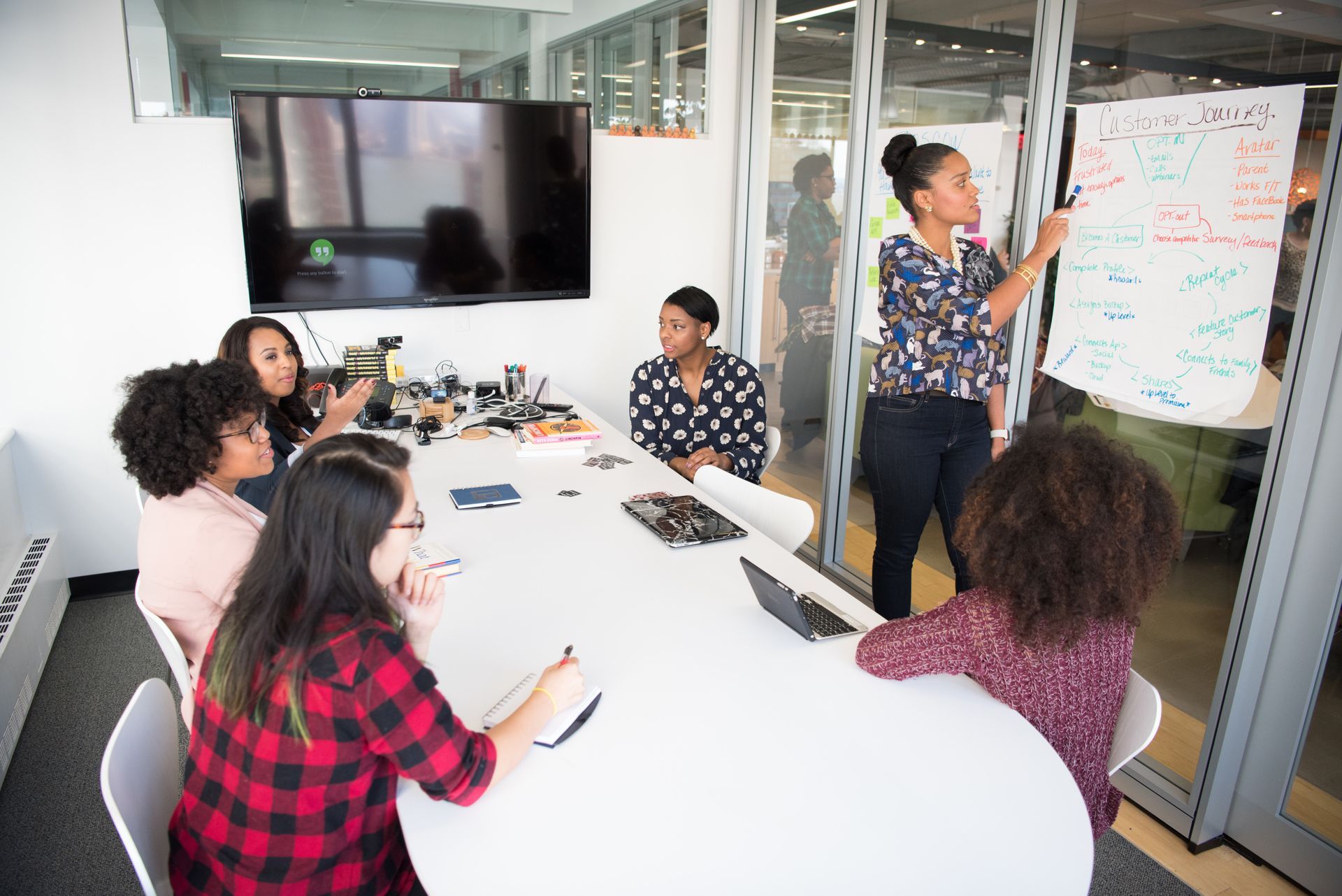Neuroscience for Teachers
CPD Programme
Welcome to the Neuroscience for Education programme - an innovative and accredited CPD course designed to provide teachers with a comprehensive understanding of the latest neuroscience knowledge and skills to enhance their teaching. Led by Professor Patricia Riddell, a renowned expert in applied neuroscience and a Chartered Psychologist, this course will equip you with practical and effective ways to apply neuroscience principles to your classroom teaching.
New Course Starting on 4th October 2025
Course Price - £1800
Payment options available
Neuroscience for Teachers (NFT)
This highly rated CPD course will provide qualified and experienced teaching professionals with advanced knowledge and skills to enhance their teaching practice through the application of evidence-informed concepts from cognitive psychology and neuroscience.
6 CPD Accredited Workshops
This 6-workshop course, scheduled for 1 workshop per half-term, is designed to increase your understanding of the brain's impact on teaching and learning. We are now enrolling our fourth cohort of practitioners in the field of education to join this innovative program.
Online workshops with recordings to fit your schedule.
Course Dates
Workshop 1 – Motivation and Engagement
Face to Face - 4th Oct 2025
Online - 8th Oct 2025
Workshop 2 – Learning and Cognitive Load
Face to Face - 29th Nov 2025
Online – 26th Nov 2025
Workshop 3 – Memory
Face to Face - 17th Jan 2026
Online – 14th Jan 2026
Workshop 4 – Decision Making and Unconscious Bias
Face to Face - 21st Mar 2026
Online – 18th Mar 2026
Workshop 5 – Mental Health and Well-Being
Face to Face - 9th May 2026
Online – 13th May 2026
Workshop 6 – Understanding Difficult People
Face to Face - 4th July 2025
Online – 1st July 2026
Your Trainer
Professor Patricia Riddell is a professor of Applied Neuroscience and a Chartered Psychologist. She studied at the University of Glasgow and Imperia College before completing a doctorate at the University of Oxford. She has worked as an academic in the field of neuroscience and developmental psychology for over 20 years.
Tricia is passionate about sharing the expanding knowledge that we have about the brain and how it drives behaviour to teachers generally. She believes teachers, parents, and children can gain huge benefits from knowing how the brain works and how we can behave more effectively using this knowledge.
Our Workshops
New Title
Workshop 1 - Motivation and Engagement
This workshop covers key aspects of motivation and engagement in the classroom. We will explore the psychological safety needed in schools and classrooms to create a safe and engaging learning environment. We will discuss the adolescent brain and how it affects learning and development, including regulatory focus and values. We will also delve into the importance of setting both intrinsic and extrinsic goals for students and how teachers can positively impact motivation and mindset behaviours.
Workshop 2 - Learning and Cognitive Load
Our Learning and Cognitive Load workshop explores the fascinating world of the brain and its relationship with learning and technology. From genetics and neuroplasticity to attention and cognitive control, this workshop covers the latest research on the brain's role in learning. Discover how to develop metacognition, self-regulation, and self-regulated learning, and explore the benefits of using gaming in the classroom.
Workshop 3 - Memory
Our Memory workshop discovers the world of memory and the brain! Explore the different types of memory, from sensory to semantic, and how they are stored and retrieved in the brain. Learn about the parts of the brain involved in memory and what memory is for. Discover how to improve your own memory and that of your students. Dive into the perceptual and autobiographical aspects of episodic memory, and understand the different functions of forgetting.
Workshop 4 - Decision Making
In Workshop 4 of our Neuroscience for Teachers course, you'll learn about the fascinating world of decision making. We'll cover fast and slow decision making, cognitive biases and heuristics, and the importance of diversity and inclusion. You'll explore unconscious biases and schemas for people, and learn how to identify and challenge them in your own thinking. We'll delve into adolescent decision making and Kegan's model of self-awareness, and examine ego depletion and temporal discounting.
Workshop 5 - Health and Well-Being
This workshop delves into crucial aspects of mental health and well-being, equipping educators with essential insights and strategies. We will navigate the intricate terrain of mental health by addressing key topics such as rumination and breaking the ruminative cycle. Understanding the physiology of stress is pivotal, and we will explore stress levels and the transition from good stress to tolerable stress. Delving deep into the neuroscience of the self, we will evaluate self-perception and build positive self-assessment mechanisms.
Module 6 - Understanding Difficult People
This workshop delves into the greater understanding of what challenges people and how to improve relationships by understanding how the brain creates emotional responses.
We will look into key topics such as how to increase empathy for self and others, how to be more assertive, using rights and responsibilities to frame difficult conversations, increasing emotional intelligence and giving great feedback.
Ready to Register your Place?
If you are ready to sign up for our next Neuroscience for Teachers Course then please complete the Registration form by clicking below.
Course Price - £1800
Payment options available
How Our Past Participants Have Applied Neuroscience in the Classroom
Our course participants have used their learning to positively impact their classrooms and students, producing innovative and effective ways of teaching. Strategies such as mnemonics, teaching fast and slow thinking in maths, and increasing intrinsic motivation have been used to improve outcomes. Previous cohorts have produced highly successful interventions including conscious states for learning and using an escape room to teach literature. These interventions have helped students understand stress and build resilience.
The Chameleon Recovery Programme
We work directly with schools to provide a package of workshops and interventions to support schools to empower school communities to flourish and thrive in a post-Covid world.
Covid Anxiety Workshops
This series of workshops for teachers, pupils and parents, explains the effect of the Covid pandemic on the adolescent brain which is particularly vulnerable at this stage of development.
What our past participants have to say...
“The application of neuroscience to the practical was brilliant”
“I loved meeting other teachers and sharing ideas – also those ‘lightbulb’ moments”
“Considering the different types of memory and using that knowledge to consider the content of my courses”
“I have loved the course, it has tested my knowledge and allowed me to ensure the best outcomes for my pupils”
“It was great to learn strategies that I could try for myself in the classroom and see the interest from pupils”
Browse our range of resources available
Covid Anxiety Workshops
Workshops for teachers, students and parents to help understand the effect of the pandemic on the adolescent brain.
Revision Guide
Want to know the best revision strategies for exam success? You may find the top tips in our guide surprising.
Gratitude Journal
Practising gratitude has proven positive effect on student wellbeing.
Quick Links
Contact
info@neuroscienceforeducation.com
Neuroscience for Education, 2023.




